INVEST Transversal Courses
PHD
Advance Your Research. Expand Your Horizons.
The INVEST inter-disciplinary course offer is based on EU Doctoral Training Principles, which emphasize the development of transferable skills and the integration of responsible research training into doctoral education. In line with these principles, a total of 34 courses have been selected to support professional development and employability, structured around six thematic areas and offered by the INVEST Partners:
- Language and Communication Basic Skills – 7 courses
- Basic Technology Skills – 10 courses
- Soft and Transferable Competences Within and Beyond Academia – 3 courses
- Research Management, Knowledge of Research System, and Funding System – 4 courses
- Interdisciplinary Paths – 4 courses
- Green Competencies – 6 courses
This course offer is designed to provide doctoral students with a broad and versatile skill set, spanning multiple academic domains. The courses aim to equip participants with the ability to integrate methodologies, theoretical frameworks, and knowledge from diverse fields in order to tackle complex research challenges. Key focus areas include research methodologies, ethics, sustainability, data science, and effective communication.
The initiative is open to participants from all partners of the INVEST European Universities Alliance
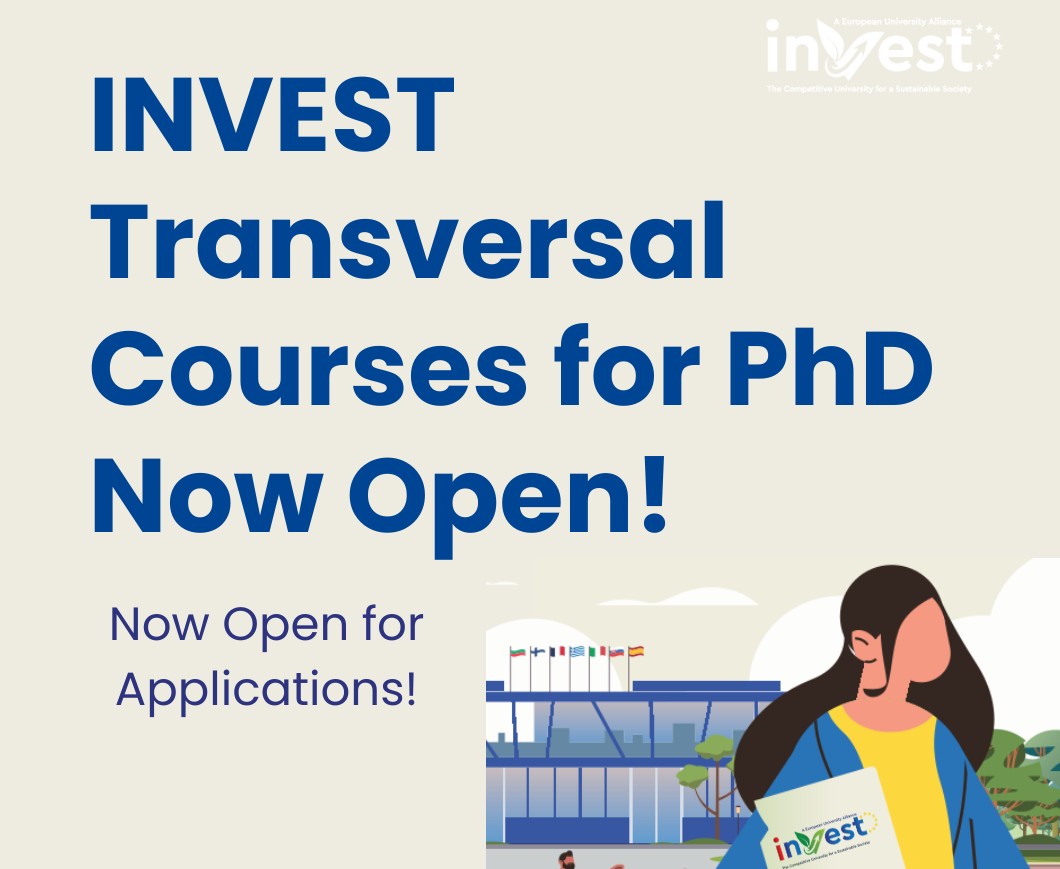
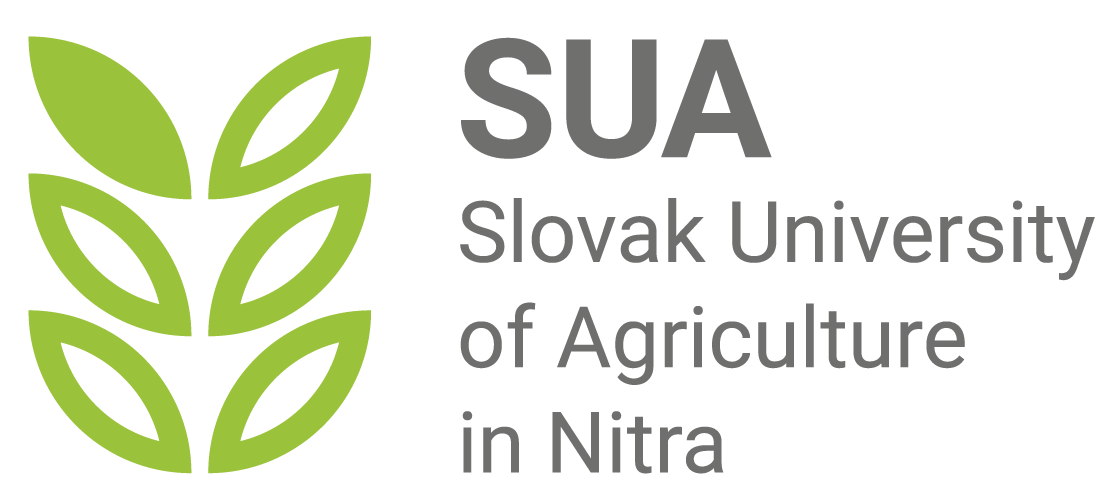
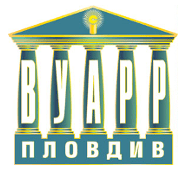
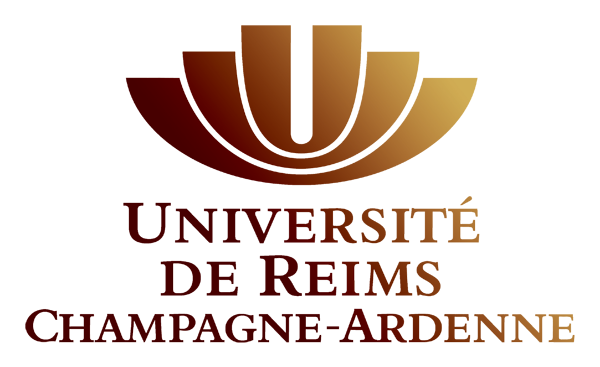

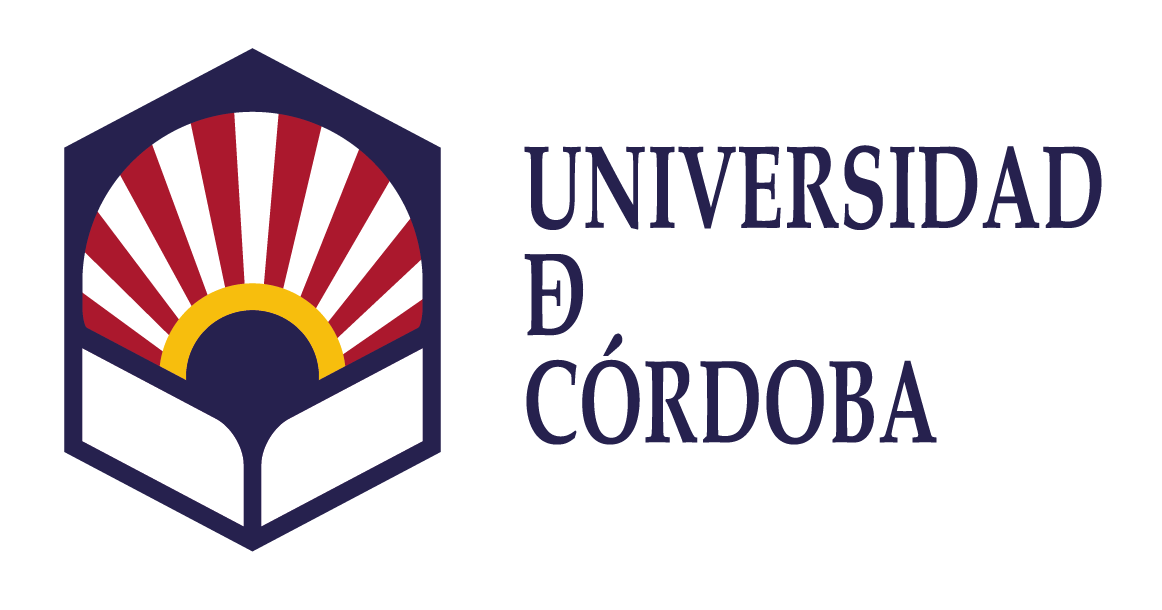
Prerequisites
The prerequisites for each course vary based on its content and learning objectives. Please refer to the dedicated course page for specific details on eligibility, prior knowledge requirements, and recommended background.
How to apply
Each course in our PhD Transversal Course Program has a dedicated information page providing all the essential details, including ECTS credits, hours, course objectives, prerequisites, calendar, development goal, language of instruction, learning mode, contact infromation and more. You’ll also find clear instructions on how to apply, along with a direct registration link to the university’s application portal.
Explore the courses, choose the ones that align with your academic and professional goals, and take the next step in your research journey with INVEST Alliance!
Courses
Categories:
Scientific writing in human and social sciences
This module provides students with a comprehensive foundation in scientific writing for the human and social sciences. Through a balanced focus on both qualitative and quantitative research, students will learn to craft well-structured, methodologically sound, and ethically responsible papers. Emphasizing narrative skill, analytical precision, and ethical integrity, the course prepares students to produce scholarly work that is clear, engaging, and impactful.

Philosophy of Artificial Intelligence and Robotics
This course explores the philosophical questions and dilemmas raised by contemporary research in Artificial Intelligence (AI) and robotics, focusing on issues often overlooked in science and technology courses. Students will engage with questions such as whether AI systems can develop consciousness, what kind of knowledge computer simulations can provide, how robotic models of life forms can be used in life sciences, and what kind of explanations explainable AI systems should offer. Ethical considerations will also be examined, including how to trust and evaluate AI and robotic behaviour and assign responsibility for their actions. The course will be highly interactive, featuring philosophical debates and guest lectures from leading experts in AI, robotics, epistemology, and ethics. It is designed for doctoral students from non-philosophical fields, encouraging them to critically engage with the intersection of technology, philosophy, and ethics.

Basic principles of public relations and media relations for academics
This course introduces PhD students to the essential principles of Public Relations (PR) and Media Relations, focusing on their relevance within academia. Students will explore classical PR tools (such as press releases, mailing list management, and business cards) and analyze case studies from both social and natural sciences. A key aspect of the course is the application of Pierre Bourdieu’s concept of “habitus” and his three capitals—social, economic, and cultural—prompting students to reflect on how their personal habitus influences their academic career and PR strategies. Participants will also design a PR campaign aimed at increasing their social capital both inside and outside academia, presenting their campaigns to the class. By the end of the course, students will have gained the skills necessary to enhance their visibility and networks within the academic community and beyond.

Communicating research in the era of social media
This course provides a concise introduction to research dissemination, exploring its historical context, relationship with research funding mechanisms, and current dissemination requirements set by funding agencies and political stakeholders. The course covers best practices, challenges, and opportunities in research communication, including the use of social media channels relevant to the research community. Participants will also examine the business models and controversies, such as copyright issues, associated with sharing academic papers online. The course will include two lectures (6 hours), a practical exercise on defining a dissemination campaign, and a public discussion of the proposals (at least 2 hours, depending on the number of students). The course is aimed at PhD students, ideally in their first or second year.

Transcultural Communication/Advanced level
Many of our contemporary social spaces, from super diverse urban environments to globally connected digital communities, are highly multilingual and multicultural. Similarly, due to the internationally linked nature of workplaces and educational institutions, we often work and study with colleagues from around the word. Thus, communication with people from different cultural and linguistic backgrounds is a part of daily life for many of us. This training will be conducted in English and via ZOOM by Ms Aline LELARGE in several sessions of 3 hours each. Places are limited - 8 participants per session.

Corporate and academic public speaking
Our aim is to teach young professionals and academics how to prepare conference presentations, business project presentation or their PhD defenses. Interactive work with students in smaller groups. Learning rhetoric, voice and body techniques in public speaking through numerous exercises, games, situations and examples. Most of the posture and vocal exercises are derived from the time-proven theater techniques and butoh dance techniques. This training will be conducted in English and via ZOOM by Ms Bojana MILJANIC in several sessions of 7 hours each. Places are limited - 15 participants per session.

Marketing Communication II
The aim of the subject Marketing communication II is to build on the knowledge gained by completing the subject of Marketing Communication, provide the students with a comprehensive view of the basics, procedures and applications of marketing communication in the European context, expand their knowledge of various aspects of marketing communication, acquaint them with the overall view of marketing communication and introduce them the new perspectives on current practice in marketing communication through many examples, case studies and results of marketing researches conducted in the European and national context. After completing the subject, the student knows and is aware of the importance of marketing communication; can apply the acquired knowledge and skills in practice; and is able to identify the key aspects and appeals of marketing communication, whether in the domestic or foreign market.

Literature review 1: using the best searching tools - 1st e 2nd year PHD students
Resources available through the University Library, such as databases, search engines, and open archives. By the end of the course, participants will be able to identify, select, and effectively use the most authoritative and relevant research tools for their specific field of study.

Literature review 2: managing and evaluating your bibliography - 3rd/2nd year PhD students
This course aims to equip students with essential skills for online bibliographic research, focusing on subject-specific tools provided by the University Library. Participants will learn to interpret bibliometric indicators, understanding their strengths and limitations, and will gain proficiency in correctly citing sources and managing complex bibliographies using reference management tools.

Introduction to statistics with R (part I): data description and basic inference
This course provides an introduction to basic statistical concepts essential for designing and analyzing scientific studies. Through a combination of lectures and hands-on lab sessions using R, participants will learn how to choose the appropriate study design, calculate optimal sample sizes, summarize data visually and numerically, and analyze variable associations using hypothesis tests. By the end of the course, participants will be equipped to apply statistical methods to real-world research questions, ensuring accurate and meaningful data analysis.

Introduction to statistics with R (part II): linear and logistic regression models
This course provides a comprehensive introduction to statistical modeling, focusing on linear and logistic regression techniques. Through lectures and lab sessions, participants will learn how to apply these models, verify assumptions, estimate parameters, interpret coefficients, and assess model fit. By the end of the course, students will be equipped to perform linear and logistic regression analyses, utilizing R software for practical applications. The course is structured across two days, with Day 1 covering correlation and regression models, and Day 2 diving into generalized linear models, including logistic regression.

Productivity tools for (young) researchers
This course introduces participants to personal productivity tools and techniques tailored for academic work and project management. It covers strategies for managing reference libraries, tracking tasks, and organizing research activities using cloud-based tools. Participants will learn how to build and maintain a personal reference collection, manage time effectively, and store information efficiently. By the end of the course, attendees will have gained practical skills in setting up personalized productivity environments to support their research careers and reduce redundancy in managing academic tasks.

Digital technologies for research in humanities and social sciences
This cross-curricular course addresses the demand for the commandment of the use of technologies for the research in Humanities in the 21st century. Technology is omnipresent in our society (now more than ever) as a transversal element and it has an impact on the proper knowledge and research on humanities. The syllabus of this course aims to help Master students of Humanities and Social Sciences to use technology with research purposes, being applicable to different subdisciplines: Languages, Literature, Art, Cinema, Music, and Education, among others.

General and statistical methods of scientific research
This training program provides a comprehensive understanding of general and statistical methods used in scientific research. It covers key aspects such as the fundamentals of scientific inquiry, research design and methodology, statistical analysis, and effective presentation of research findings. Participants will engage in hands-on activities, including case studies, data analysis, and writing research reports. The program also includes a practical application module to enhance critical thinking and problem-solving skills in real-world research scenarios. Upon completion, participants will have the necessary competencies to conduct high-quality research and effectively communicate their findings.

Quality Management II
During the study of the subject Quality Management II. PhD. student will understand the nature and importance of quality management on a broader level. He/She will learn the tools of quality management that can apply in research and in writing a dissertation. The course helps to develop managerial skills, analytical skills, problem solving, improves teamwork and prepares graduates to respond flexibly to change. The basic aim of the course is to provide students with advanced quality management tools and provide a framework for continuous improvement of business processes. Upon successful completion of this course, students should be able to: - identify business processes, their aspects and measurement methods, - learn methods and tools to solve problems and improve governance in companies, - benchmarking and identify current trends in quality management.

Strategic Management II
The students during the study of the subject Strategic Management, will be acquainted with principles of strategic management and planning; he/she will deal with process of strategic management and with strategic thinking. He/she will be able to elaborate the vision and the mission as well as the intention of business; The students will be able in their work in effective way to realize the analysis of the external environment as well as internal one, to carry out strategic synthesis and to implement business strategies. After completing course they can evaluate the effects of strategies implementation in practice.

Data Mining II
The aim of the course Data mining is to acquaint students with the processes and methods of implementation of research and analytical tasks of data science, principles, methods, and procedures of using big data management. The teaching is focused mainly on the preparation and modification of databases and the subsequent use of data mining tools. The student has knowledge related to the transformation of data and information into appropriate data models, structures, or architectures. Can prepare proposals and argue them regarding the optimal structure for a specific domain, industry, sector.

The Appropriate Leadership. A sustainable approach to inclusive leadership in diverse contexts
This workshop is designed for leaders navigating diverse, often international, contexts. It focuses on recognizing and valuing differences within teams and provides strategies to create inclusive, sustainable innovation. Participants will explore their own and others’ perceptual styles and learn how to adapt their leadership approach to enhance impact. The workshop encourages reflection on personal and professional experiences, using a developmental approach to leadership. By the end of the course, leaders will have gained a fresh perspective on leadership, becoming facilitators of an inclusive vision tailored to their specific context.

Design thinking and innovation planning
This course introduces students to the principles and process of design thinking, offering practical tools to develop innovative business ideas. Through hands-on sessions, participants will learn to apply design thinking techniques to create a prototype of their business concept. By the end of the course, students will be able to use design thinking for basic innovation planning and share their results with the group for collaborative feedback and discussion.

Transferable competences and professional transitions. Interrogating a future outside of Academia
This workshop focuses on transferable skills and professional transitions, helping PhD students connect their academic experiences to future careers outside of academia. Through critical reflection on common assumptions about competencies and professional development, students will explore frameworks for understanding and applying transferable skills. The workshop also includes insights from international research on PhD career transitions, allowing participants to reflect on their own experiences and strategies. By sharing real-world examples and supportive initiatives, the session aims to increase awareness and provide practical tools for navigating professional transitions.

Open Access publishing: a guide
This course provides students with essential knowledge about Open Access (OA) and Open Science. By the end of the course, students will be able to distinguish between different OA definitions and licenses, navigate relevant Open Access policies for European projects, and make informed decisions on publishing and self-archiving. The course also covers OA and Open Science services available at Bicocca, as well as how to retrieve open access literature and data from major disciplinary repositories.

International or foreign strategies, patent rights, employees and researchers’ intellectual property rights
This seminar provides students with a comprehensive overview of Intellectual Property Rights (IPR), focusing on patents. It covers patent filing strategies (Italian, European, and PCT applications), the rights granted by patents, and the intellectual property rights of employees and researchers regarding inventions created during their work. Through case studies, students will gain practical insights into the legal framework, including key articles of the Italian Industrial Property Code, and understand the potential risks associated with poorly drafted employment contracts. By the end, students will be able to evaluate different patent filing options and understand the scope of patent protection and related legal implications.

Surfing the academic job market: how to publish in high impact international journals
This workshop equips first-year PhD students with the essential skills for writing and submitting a scientific paper. It covers key aspects such as selecting the right journal, structuring core sections of a manuscript, understanding writing and submission strategies, and navigating the peer-review process. Special attention is given to managing citations, evaluating scientific impact metrics, and addressing ethical issues in publishing. Through practical guidance, students will gain the tools needed to successfully prepare and submit scholarly work.

Introduction to grant writing
This course introduces PhD students to the fundamentals of grant writing and the European research funding landscape, with a focus on Horizon Europe. It offers practical strategies for identifying funding opportunities and developing competitive project proposals. Preceding the core sessions, an introductory lecture will critically examine key issues in contemporary science, including hyper-competition, publication pressure, and ethical challenges. By the end of the course, participants will be equipped to draft effective proposals, addressing key components such as objectives, methodology, impact, dissemination, and project management.

Topics in contemporary public philosophy
This cycle of lectures offers PhD students a space for critical reflection on the philosophical, institutional, and ethical dimensions of research practices in contemporary society. Through dialogue across disciplines, participants will explore the conditions that shape academic freedom, the role of critique, the ethics of truth in research, and the knowledge-generating power of imagination and art. Each session begins with key theoretical insights from the speakers, followed by an open discussion. The course is open to doctoral students from all fields and will be conducted in English, with preparatory materials provided in advance. All sessions will take place in person.

Reading the world through gendered lens: a methodological reflection
This interdisciplinary course explores gender issues through diverse theoretical and methodological perspectives, spanning sociology, education, communication, law, economics, and philosophy. Participants will examine the historical evolution of the concept of gender, feminist research methodologies, critical pedagogies, legal frameworks on gender equality, and economic gender disparities. Topics include gender stereotypes in media, gender rights, and women's economic empowerment. The course also introduces phenomenological approaches to gender and offers tools for critically analyzing visual representations and cultural narratives. By the end, students will have a deeper understanding of feminist research and the complexities of equality and non-discrimination.

Scientific method. The fundamental concepts
This course offers PhD students across all disciplines a unique opportunity to explore the foundational concepts and methods of scientific research from a philosophical perspective. Through interactive, discussion-based sessions, participants will critically examine core epistemological questions, including the nature of science, the relationship between theory and observation, models of scientific explanation, and the meaning of objectivity. Drawing from diverse scientific fields—from physics to educational sciences—the course encourages reflection on what it means to “do science,” fostering deeper awareness of the assumptions underlying scientific inquiry. Sessions will be held in English, with supplementary materials provided via the e-learning platform.

Scientific integrity in the research professions
The aim of this training course is to disseminate a culture of scientific integrity within institutions. More than just imparting knowledge, the aim is to raise awareness of the various issues associated with scientific integrity and to encourage a critical approach by providing the basic elements needed to understand and meet the requirements of scientific integrity.

Introduction to multidisciplinary aspects of sustainability
This transdisciplinary course offers a comprehensive introduction to the concept of sustainability, integrating perspectives from natural sciences, social sciences, and policy studies. Through a process-oriented and interactive approach, students will explore key themes such as the Anthropocene, ecosystem services, social justice, sustainable mobility, and behavioral change. The course is structured in four interconnected parts, each led by a different expert, and culminates in a collaborative discussion on sustainability and research. Activities include case studies, group work, and critical analysis of academic literature, with content adapted to the participants’ backgrounds and learning needs.

Realising the Green Transition
This intensive course raises awareness of the opportunities and challenges involved in implementing sustainability across industries and societies, with a focus on advancing the green transition. Drawing on insights from natural sciences, sociology, economics, and law, the course explores key topics such as the balance between greenness, sustainability, and economic viability; bio refinery integration in industry; renewable energy solutions; and carbon footprint assessment. Case studies and group work will encourage active participation and practical application, with content tailored to participants’ backgrounds for an inclusive, interdisciplinary learning experience.

Cultural aspects of the climate crisis: meanings, denials and desires of environmental relatedness
This module explores climate change as both a geophysical phenomenon and a deeply cultural and social issue. Through an anthropological lens—integrated with insights from across the human sciences—students will examine how different societies understand and relate to the environment. Key themes include cultural models of environmental relatedness, the symbolic dimensions of fossil fuel cultures, processes of denial, and social dynamics within the atmosphere. The course challenges the traditional nature/culture divide, offering critical tools to navigate the complexities of the Anthropocene.

Advanced Human Ecology -The Concept of Sustainability through the lens of Historical Sciences
This course offers an interdisciplinary introduction to Human Ecology. Students will discuss and explore different aspects of Human Ecology, with particular attention to human, ecological, geological timescales. The concept of the Anthropocene, and Europe's ecological history are pillars of this course. A transdisciplinary approach that combines ecology, biology, sociology, history and other disciplines is the key to understanding Human Ecology. By examining the past—through natural history and historical sciences—they will gain insights into building a more sustainable future. The course combines lectures with interactive discussions, manuscript analysis, and student-led essays or presentations to deepen understanding and engagement.

Development, renewal and creation of culture green
Knowledge: After the completion of this course, the student gains comprehensive knowledge of historic green spaces within an international context. She/he is able to analyse and identify changes in the compositional structure of the particular garden heritage objects. Skills: She/he gains the capability to assess the impact of interventions to the compositions during their development. He is able to make the right decisions in choosing measures for preservation, restoration, reconstruction or revitalisation of historic green spaces in our conditions and in co-operation with policy making bodies of the National Nature and Landscape protection and Preservation of Monuments. Competences: The student who successfully completes the course is able to act as a design team leader and coordinate creation of cultivated green spaces at all levels of the project documentation.

Symposium Transdisciplinary research for a healthy planet
Symposium Transdisciplinary research for heathy planet “The role of nature in preserving our planet” led by Institut International en Bioéconomie et Environnement EXEBIO. Find more information here: https://symposiumtr4hp3.sciencesconf.org/?lang=en
